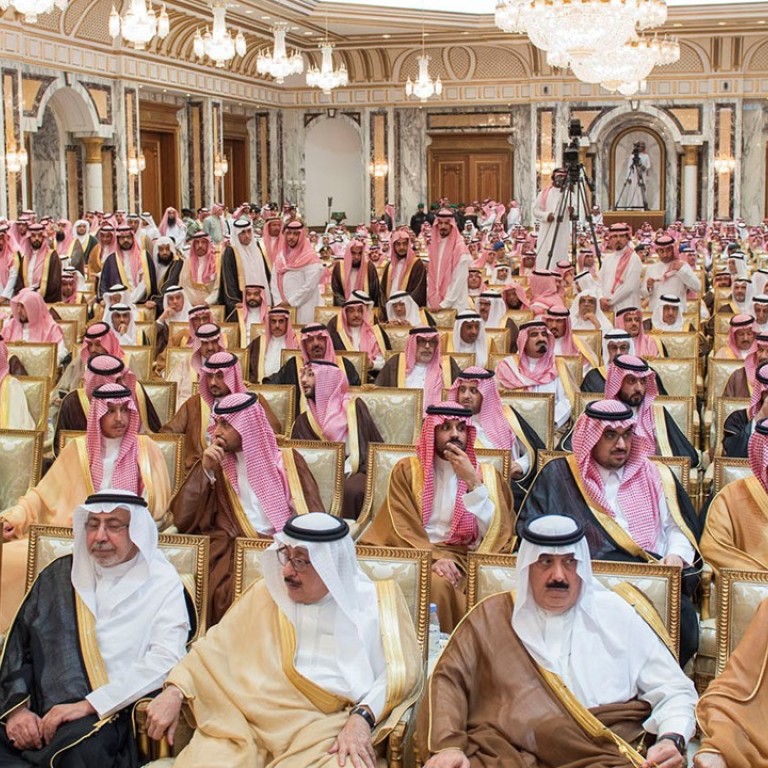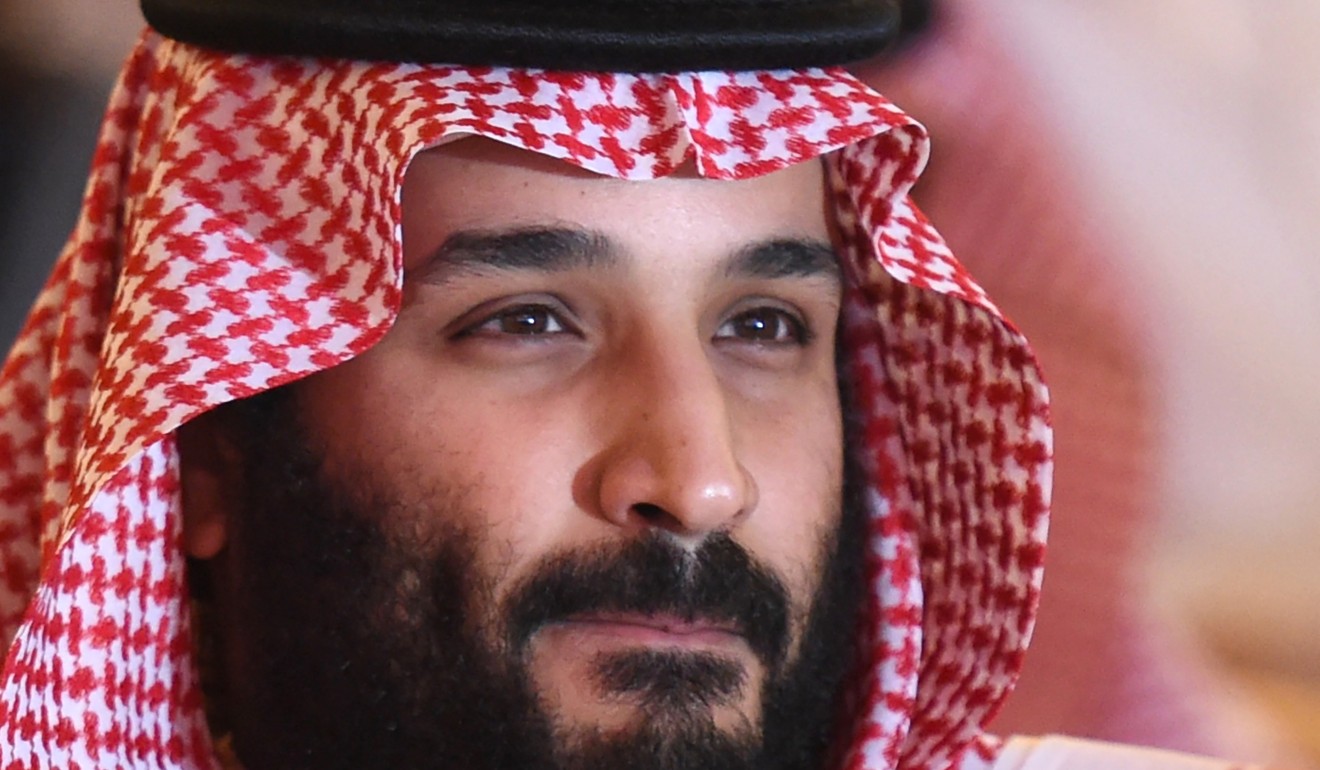
Saudi crackdown shows some political risks matter more than others
Sudden increase in political and geo-political instability in the world’s largest oil exporter is something markets cannot ignore
International investors’ insensitivity to political risk in growing, and developing economies particularly have been key drivers of financial markets over the past year or so.
Despite the dramatic escalation in geo-political tensions on the Korean peninsula and the turmoil in Washington stemming from mounting allegations of collusion between president Donald Trump’s election campaign and Russia, US equity markets keep hitting fresh record highs while the Vix index, Wall Street’s so-called “fear gauge”, stands at its lowest level in 20 years.
Of all the issues which have the potential to move markets – and there are not many given the numbing effects of central banks’ ultra-loose monetary policies – political risk appears to hold little sway.
Yet it would be wrong to assume that political issues have no bearing on asset prices. Some events matter more than others.
On Monday, Brent crude, the international oil benchmark, shot up nearly 3 per cent to more than US$64 a barrel — its highest level since June 2015 — in response to the dramatic arrests last weekend of dozens of senior political and business figures in Saudi Arabia as Crown Prince Mohammed bin Salman, the country’s de facto ruler, uses an anti-corruption probe to consolidate his grip on power.

The leading member of OPEC and the source of one in every nine barrels of crude pumped globally, Saudi is preparing to sell shares in Saudi Aramco, the state oil company, in what is being billed as the largest initial public offering in history.
Just as importantly, the country is engaged in a fierce and dangerous power struggle with Iran, its arch-rival in the region, which Prince Mohammed on Tuesday accused of committing an “act of war against the kingdom” by supplying missiles to Iran-backed rebels in Yemen.
According to Bloomberg, equity markets in the Gulf region have lost nearly US$7 billion since last weekend, lowering the market capitalisation of the six bourses in the region to its lowest level in a year.
While the implications of the crackdown remain unclear, a sudden increase in political and geo-political instability in the world’s largest oil exporter is hardly something markets can ignore.
Investors are also proving sensitive to the challenges confronting US tax reform – one of the most important drivers of the rally on Wall Street.
According to Bloomberg, equity markets in the Gulf region have lost nearly US$7 billion since last weekend, lowering the market capitalisation of the six bourses in the region to its lowest level in a year
According to a report in the Washington Post on Tuesday, Republicans in the Senate are at odds with their colleagues in the House of Representatives and are seeking to postpone the centrepiece of the plan — a massive US$845 billion corporate tax cut — because of legitimate concerns it will favour the wealthy and lead to an even-sharper deterioration in the US’s fiscal position.
With only a quarter of Americans in favour of Trump’s tax plan, according to a recent NBC News/Wall Street Journal poll, and given many Republicans’ deep antipathy towards Trump, tax reform could yet be stymied, fuelling political tensions in Washington and putting the lofty valuations of US stocks under more scrutiny.
The Russell 2000 index of small-cap companies – domestically focused US firms which would benefit the most from tax cuts – has already fallen 1.5 per cent over the past month.
Currency investors, meanwhile, are turning increasingly bearish on the pound as Britain’s negotiations with the European Union over the terms of its departure from the bloc prove ever more tortuous.
Sterling has fallen 3.5 per cent against the dollar since mid-September as markets start to fret about political turmoil in the UK and the threat of a “no deal” British exit from the EU.
Yet it is the political risks that markets are not reacting to which could prove more damaging to sentiment.
The most obvious one is Italy’s crucial parliamentary election next spring. Over half of voters support parties which are extremely critical of the country’s membership of the eurozone and favour populist and nationalist economic policies.
With the second-highest public debt burden in Europe and a banking sector weighed down by non-performing loans, Italy has long had the makings of a full-blown financial crisis.
Still, political risk is only one of a number of vulnerabilities in the global economy which investors should be paying more attention to but feel they can downplay mainly because of the ample liquidity provided by leading central banks.
The big question is what will happen when monetary stimulus is withdrawn at a much faster pace than at present, fuelling volatility and increasing investors’ sensitivity to risk.
Judging by the current flickers of nervousness in markets, it is likely that (geo-politics will become a more important determinant of sentiment.
Nicholas Spiro is a partner at Lauressa Advisory

